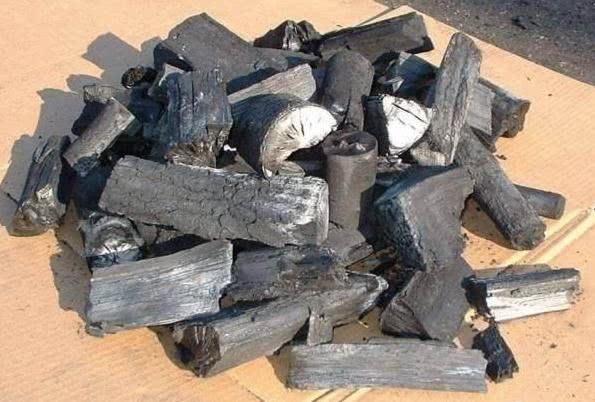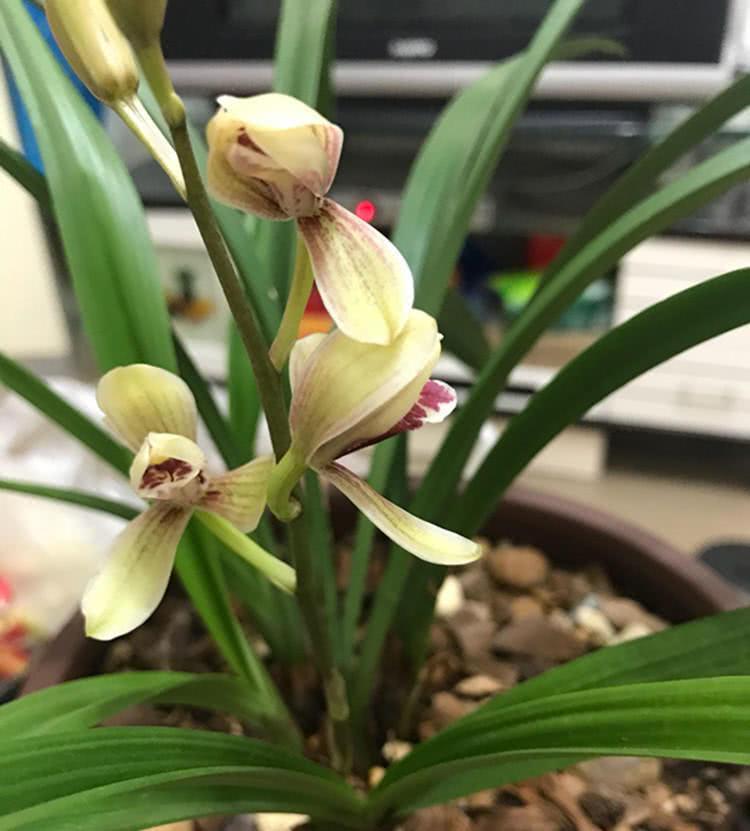Using it to grow flowers has four advantages. Flowers grow more and more prosperous. Regret just knowing.

Speaking of potted plants, flower friends who have raised flowers for many years must have a lot of experience. No matter using fermented Amoy rice water to water flowers, or using rotten soybeans as organic fertilizer, every little skill in life can be learned and used. Although growing flowers is a discipline, as long as you keep it with your heart and think about it, you will certainly be able to raise flowers in pots.
Growing flowers has become an indispensable part of our lives, and it brings so much fun. There are also countless tips for growing flowers, so let's share with you the benefits of growing flowers with "it". It can be said that growing flowers has "four major" benefits. Any flower can grow more and more prosperous. Cut the crap and move on!
"it" is the baby of growing flowers: charcoal. Here are the four benefits that flower friends can look forward to.
1. The texture of charcoal is loose and breathable, which can prevent the consolidation of basin soil.
Everyone knows that charcoal is the product of burning wood or branches, and its texture becomes loose and breathable after burning. When the charcoal is mashed and mixed into the nutritious soil, it will make the basin soil breathable and fertile. Even if you use chemical fertilizer to grow flowers for a long time, it will not cause potted soil to harden. Most flower friends know that the most taboo of growing flowers is that the pot soil is hard to shovel, and the roots of flowers are easy to rot after hardening.
2. Charcoal is rich in potassium, phosphorus and calcium, which is beneficial to the growth of flowers.
Wood itself contains a lot of trace elements, when burned, these trace substances will not disappear, they are very conducive to the growth of flower pots. In particular, the existence of potassium can prolong the flowering period of flowers, bloom larger, and phosphorus will also make the leaves greener. This characteristic is used to raise magnolia, hanging orchid and other plants is the most suitable, but to a small amount, not too much. After crushing the charcoal into the end, the upper water can also be used to water the flowers, but remember to dilute, the greater the dilution, the better, so as not to cause changes in the pH of the basin soil.
3. Charcoal itself belongs to oxidant and has the function of sterilization and disinfection.
Many flower friends know that when changing pots and soil for flowers, they often soak the roots with potassium permanganate solution for the purpose of sterilization and disinfection. Because potassium permanganate is a strong oxidant. When there is no potassium permanganate, charcoal can be used instead, and its bactericidal properties are extraordinary. If mixed into the soil, it will always play a role in killing the bacteria growing in the basin soil, which is conducive to the robust growth of the root system.
4. Charcoal because of its characteristics, on the other hand, it is very conducive to the rooting of cutting flowers.
It is a truth that most people understand that growing flowers should first take root. Especially in the cutting propagation of flowers, rooting is particularly important. In the early stage of conservation, using charcoal as a part of nutritious soil can effectively promote the activity of flower root cells and promote their rapid fission and growth. Using charcoal as cutting substrate, another feature is thermal insulation. The heat preservation effect of charcoal is also very practical, especially when flowers take root in cuttings in winter.
So much for the knowledge of growing flowers with charcoal. Thank you for your reading!
Remember to like and share.
- Prev

How can I change a bed and desk when I only go back to my hometown for seven days a year?
Two days ago, a reader left a message and asked the question of going home occasionally when he was away: if he wanted to "make a bed and a desk for one person", he could also be a lounge. Although this question is a little difficult, it is just worth discussing.
- Next

When the orchid changes pots, it loses its temper without the concept of time.
The valley of orchid peanuts is not unfragrant with no one. It has a simple and quiet, elegant and elegant temperament. Many flower friends keep 1-2 potted orchids at home, but they always feel that they can't raise them well. At this time, it is necessary to change the orchid pot, and the orchid pot is.
Related
- Wuhan Hospital Iron Tree Blooming Result Was Instantly Frightened by the Gardener Master
- Which variety of camellia is the most fragrant and best? Which one do you like best?
- What is the small blue coat, the breeding methods and matters needing attention of the succulent plant
- Dormancy time and maintenance management of succulent plants during dormancy
- Minas succulent how to raise, Minas succulent plant pictures
- What are the varieties of winter succulent plants
- How to raise succulent plants in twelve rolls? let's take a look at some experience of breeding twelve rolls.
- Attention should be paid to water control for succulent plants during dormant period (winter and summer)
- Watering experience of twelve rolls of succulent plants
- Techniques for fertilizing succulent plants. An article will let you know how to fertilize succulent plants.

